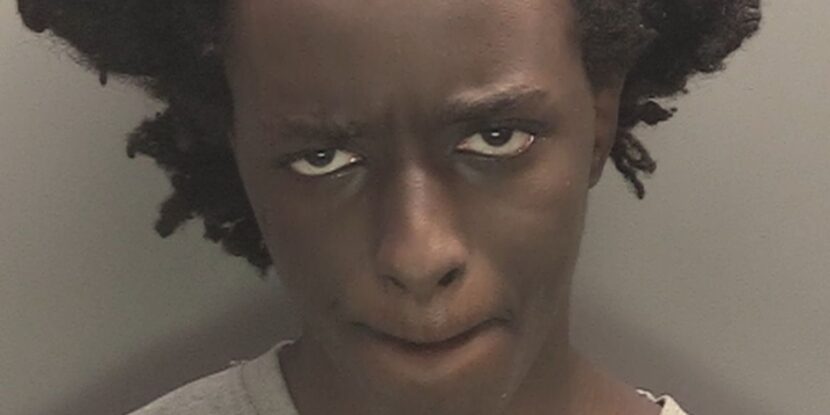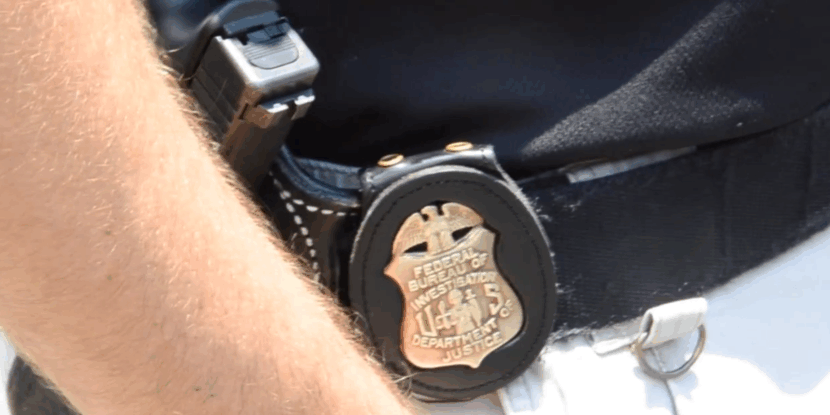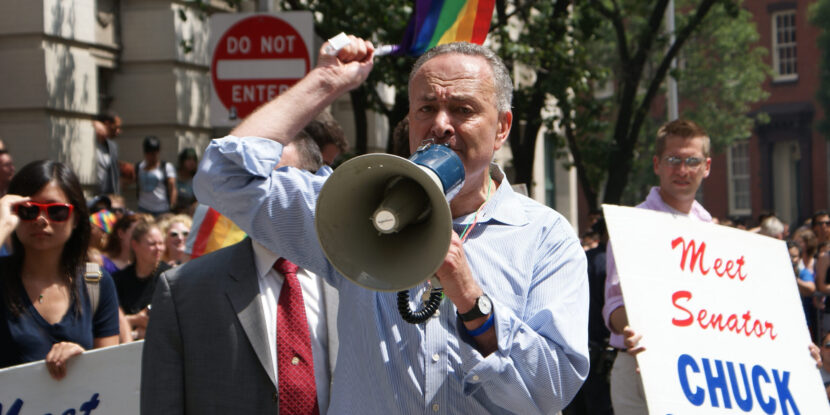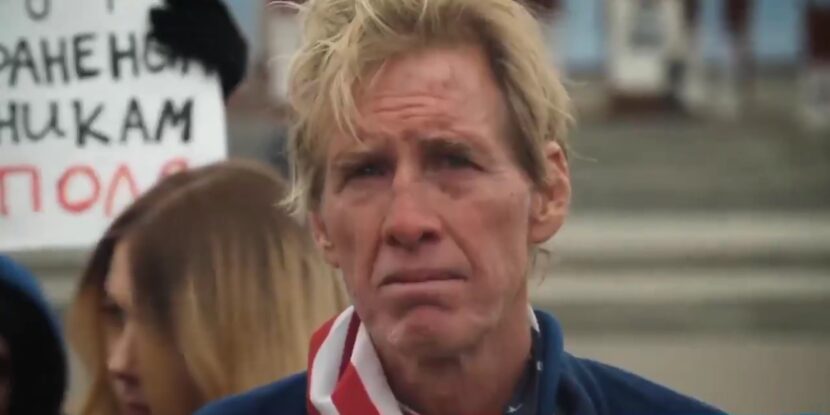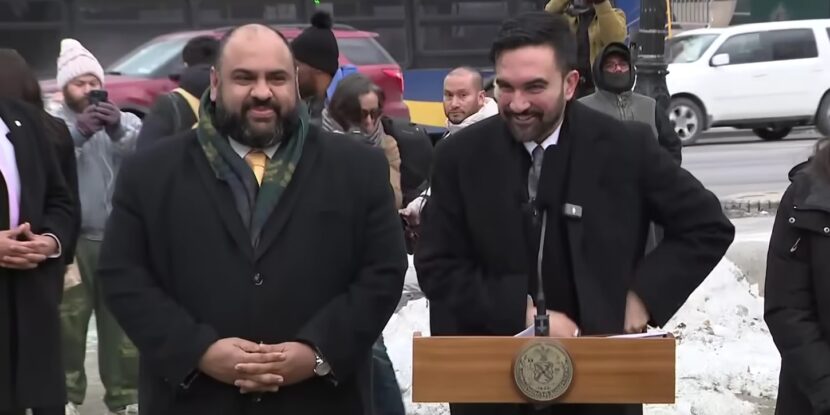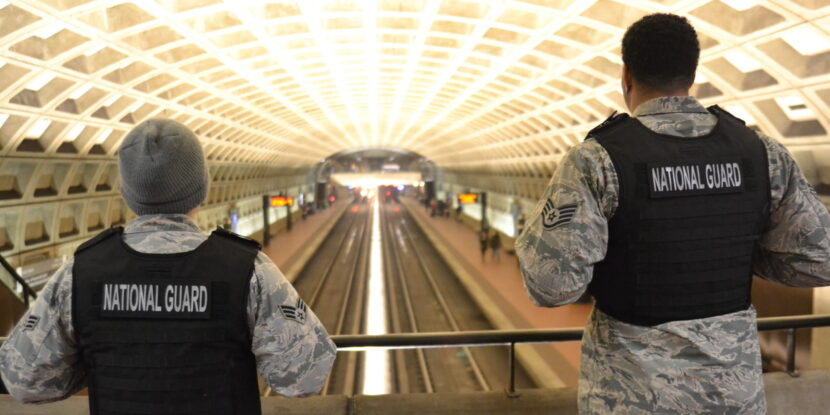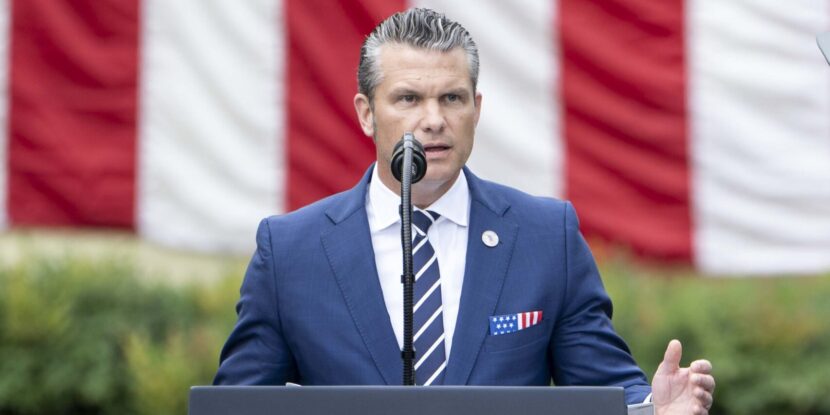❓WHAT HAPPENED: The immigrant father of mass murderer Axel Rudakubana suggested that difficulties assimilating into British society may have impacted his son’s mental state before a stabbing spree in Southport, England, that left three young girls dead and many others injured.
👤WHO WAS INVOLVED: Axel Rudakubana, his father Alphonse Rudakubana, his brother Dion Rudakubana, and victims of the 2024 Southport attack.
📍WHEN & WHERE: Southport, England, during a Taylor Swift-themed children’s dance class in 2024; testimony was given during an ongoing inquiry in 2024.
💬KEY QUOTE: “I think what affected them was that we were a small family with two friends from Rwanda [in the UK].” – Alphonse Rudakubana
🎯IMPACT: The inquiry into Rudakubana raised questions about immigration, assimilation challenges, and state failures to act on warning signs before the attack.
The father of child killer Axel Rudakubana told an inquiry that his son’s mental health may have been affected by the family’s difficulties assimilating into British society after migrating from Rwanda. Speaking about his two sons, Alphonse Rudakubana said: “I think what affected them was that we were a small family with two friends from Rwanda [in the UK]. They could see that we are kind of lonely compared to their peers, their friends from school. So they’ll see that we are in a foreign land even though they were born here.”
Axel Rudakubana, who was born in Cardiff, Wales, to Rwandan asylum seekers, carried out a stabbing spree at a children’s Taylor Swift–themed dance class in Southport, England, on July 29, 2024. Three young girls, six-year-old Bebe King, seven-year-old Elsie Dot Stancombe, and nine-year-old Alice da Silva Aguiar, were killed, while several other children and two adults were injured, in some cases very seriously. The attack, which shocked the nation, was one of the deadliest child-targeted assaults in modern British history.
Despite being referred multiple times to the government’s Prevent counter-extremism programme, Rudakubana was never correctly identified as a threat. One teacher who attempted to raise the alarm about him was even shut down by a mental health worker, who warned against racially profiling “a black boy with a knife.”
After his stabbing spree, investigators found that Rudakubana possessed an al-Qaeda training manual and chemical ingredients capable of producing the deadly toxin ricin. However, the authorities did not classify the killings as terrorism-related, saying there was no clear ideological motive. Rudakubana’s brother Dion told the inquiry that he believed Axel deliberately targeted children to “hurt society particularly badly.”
During testimony, Rudakubana’s father apologised for not alerting authorities sooner after discovering a bow and arrow set and chemicals in his son’s room days before the massacre. “I am ashamed,” he told the inquiry, admitting that he failed to confront his son’s escalating violent behaviour.
In January 2025, Rudakubana pleaded guilty to three counts of murder, multiple counts of attempted murder, and possession of terrorist materials. He was sentenced to life imprisonment with a minimum term of 52 years, the longest minimum sentence ever imposed on someone who was 17 at the time of their offense. The judge stated that if Rudakubana had been 18, he would have received a whole-life order, meaning no possibility of parole.
The tragedy prompted nationwide protests and riots amid public anger over immigration and security failings. Initial reports described the attacker only as “originally from Cardiff,” but authorities later confirmed his Rwandan heritage. The inquiry, which remains ongoing, is examining failures across mental-health services, policing, and counter-terrorism agencies to determine how a teenager previously flagged for extremist material and violent behaviour was able to carry out such a horrific attack.
Join Pulse+ to comment below, and receive exclusive e-mail analyses.
